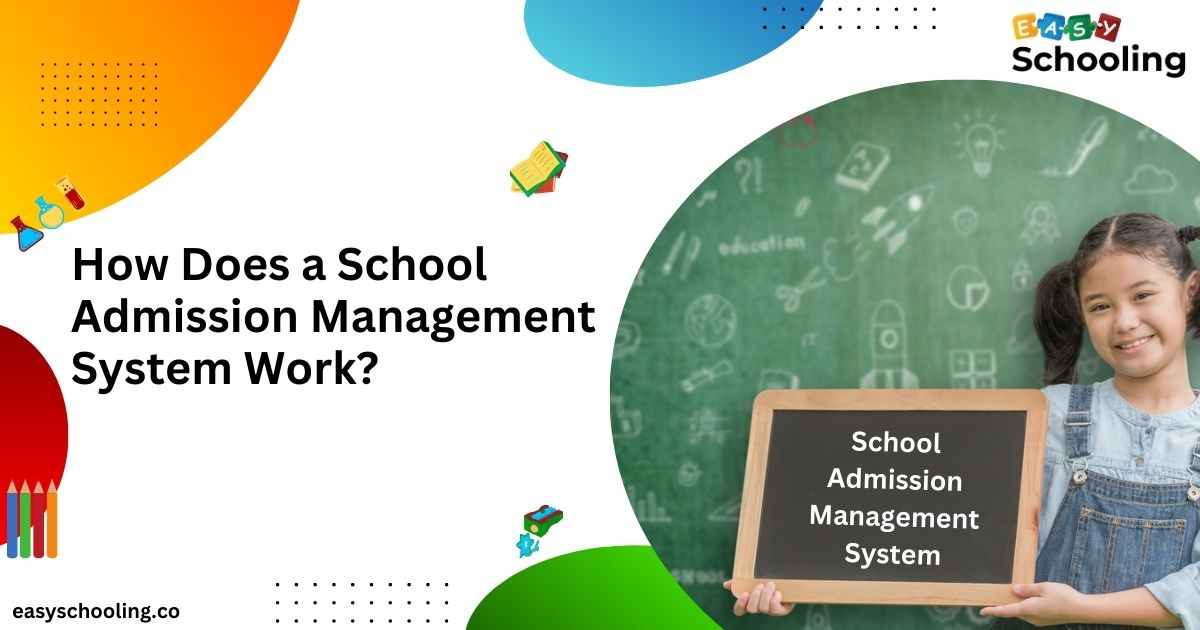Navigating School Management with ERP System Modules
In the dynamic landscape of educational institutions, the integration of technology has become paramount for efficient administration and enhanced learning experiences. Among the revolutionary advancements, School ERP system modules(Enterprise Resource Planning) have emerged as comprehensive solutions offering diverse modules tailored to address various administrative and academic needs.
Understanding School ERP System Modules
School ERP System Modules encompass a range of software components designed to automate and streamline various administrative and operational tasks within educational institutions. These modules cater to distinct functions, ensuring seamless management across departments and enabling a holistic approach to school administration.
Exploring Essential School ERP Modules
1. Admissions Management Module
- Features: Simplifies the admissions process by automating application submissions, managing inquiries, and tracking applicant details.
- Benefits: Reduces paperwork, enhances application tracking, and streamlines admission procedures, ensuring a smoother enrollment experience.
2. Academic Management Module
- Functionalities: Manages curriculum planning, lesson scheduling, grading, and academic progress tracking for students and teachers.
- Advantages: Facilitates effective curriculum management, enables timely assessments, and provides insights for academic improvement.
3. Finance and Accounting Module
- Capabilities: Handles financial transactions, fee collection, budgeting, payroll management, and generates financial reports.
- Benefits: Ensures transparency in financial operations, simplifies fee management, and aids in budget allocation and analysis.
4. HR and Payroll Module
- Functional Scope: Manages employee details, attendance, leaves, payroll processing, and performance evaluation.
- Advantages: Simplifies HR processes, automates payroll calculations, enhances employee management, and fosters efficient workforce planning.
5. Library Management Module
- Features: Tracks book inventory, facilitates book issuing/returning, manages late fines, and generates library reports.
- Advantages: Organizes library resources efficiently, offers easy access to information, and improves library administration.
See More: The Inner Workings of Admission Management Software Explained
FAQs: Addressing Common Queries about School ERP System Modules
Q 1. What makes School ERP System Modules essential for educational institutions?
Ans 1: ERP modules streamline administrative tasks, enhance operational efficiency, and provide comprehensive solutions tailored to meet diverse school management needs.
Q 2. How do these modules benefit teachers and students?
Ans 2: By automating processes like attendance tracking, grading, and curriculum management, ERP modules enable teachers to focus more on teaching and students to access resources efficiently.
Q 3. Can School ERP Modules be customized to suit specific school requirements?
Ans 3: Yes, most ERP systems offer customization options to align with the unique needs of different educational institutions.
Q 4. Are these modules user-friendly for non-technical staff?
Ans 4: Modern ERP systems prioritize user-friendly interfaces and intuitive functionalities to ensure ease of use for all staff members, regardless of technical expertise.
Q 5. Are ERP systems secure for handling sensitive school data?
Ans 5: Yes, robust security measures such as data encryption and user authentication are implemented in ERP systems to safeguard sensitive school information.
Q 6. How do ERP modules contribute to cost-saving in schools?
Ans 6: By automating manual tasks, reducing paperwork, and optimizing processes, ERP modules lead to cost savings in terms of time and resources.
Q 7. Can schools integrate ERP modules with other software or platforms?
Ans 7: Yes, most ERP systems offer integration capabilities with other software or platforms used by educational institutions for seamless data sharing and management.
Q 8. Are there training programs available for school staff to familiarize themselves with ERP modules?
Ans 8: Yes, many ERP providers offer training sessions or resources to help school staff effectively utilize and maximize the benefits of these modules.
Q 9. Can ERP modules be accessed remotely for administrative purposes?
Ans 9: Yes, with cloud-based ERP systems, authorized personnel can access modules remotely, facilitating administrative tasks from anywhere with an internet connection.
Q 10. How do ERP modules contribute to improving school efficiency and productivity?
Ans 10: By automating routine tasks, providing real-time data insights, and streamlining processes, ERP modules enhance overall school efficiency, resulting in increased productivity.
Conclusion: Harnessing the Potential of School ERP Modules
The integration of School ERP System Modules revolutionizes the landscape of educational institutions, paving the way for efficient administrative workflows, enhanced academic experiences, and improved overall performance. Schools that embrace these modules witness a transformative shift towards streamlined operations and enriched learning environments.
To explore further about School ERP System Modules and their implementation, visit EasySchooling, your gateway to innovative school management solutions.
